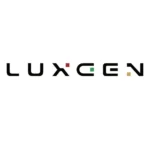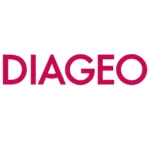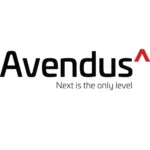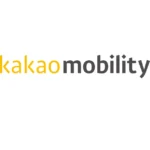Korea Zinc Inc., a global leader in zinc and lead smelting, and LG Chem Ltd., South Korea’s foremost petrochemical company, have announced a collaborative venture into the plastic waste recycling business within the United States. This initiative is set to harness their combined strengths to establish a sustainable resource circulation system, tapping into the lucrative and environmentally crucial recycling market.
The collaboration aligns with both companies’ strategic pivot towards sustainability, responding to the growing demand for eco-friendly business practices. LG Chem will bring to the table its cutting-edge technologies aimed at enhancing the quality of recycled plastics. Concurrently, Korea Zinc will leverage its specialized capabilities in procuring and processing plastic waste, particularly from discarded electronic devices.
Lee Hwa-young, who leads LG Chem’s sustainability business, highlighted the synergy of the partnership, emphasizing the integration of Korea Zinc’s exceptional material sourcing and intermediate good extraction techniques with LG Chem’s top-tier plastic waste recycling solutions. This collaboration is anticipated to forge a genuine resource circulation model, marking a significant stride towards sustainable industry practices.
The venture is strategically positioned to capitalize on the booming plastic waste recycling market, which is expected to surge to $90.3 billion by 2030. It represents a pivotal shift for LG Chem, which has faced challenges in its primary petrochemical ventures, and for Korea Zinc, which is broadening its focus beyond metal smelting to embrace resource recycling.
LG Chem’s recent operational shifts, including the closure of its styrene monomer production line, mirror the industry’s transformation and the firm’s commitment to innovative, sustainable growth avenues. Similarly, Korea Zinc’s acquisition of Igneo Holdings LLC underscores its dedication to expanding its recycling capabilities, particularly in the burgeoning field of electronic waste.
The partnership holds potential beyond plastic waste, with prospects of extending into waste battery recycling – a domain where both companies already share interests, evidenced by their joint venture in EV battery cathode precursor production. This collaboration not only signifies a shared vision for sustainable development but also reflects a strategic adaptation to the evolving global business landscape, emphasizing resource conservation and recycling innovation.






